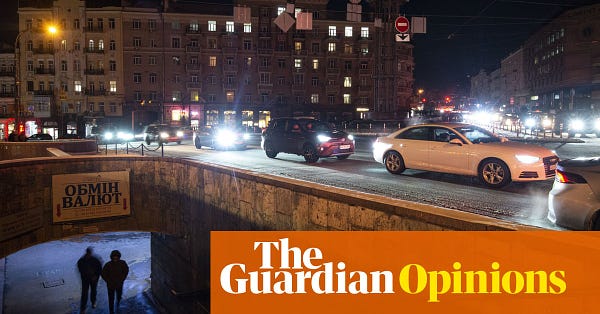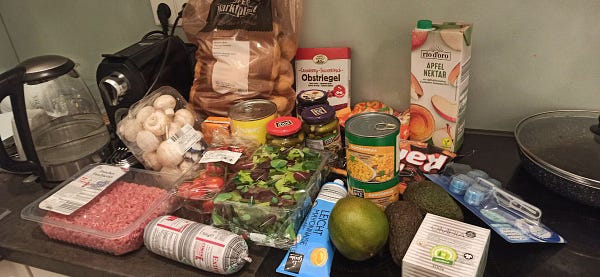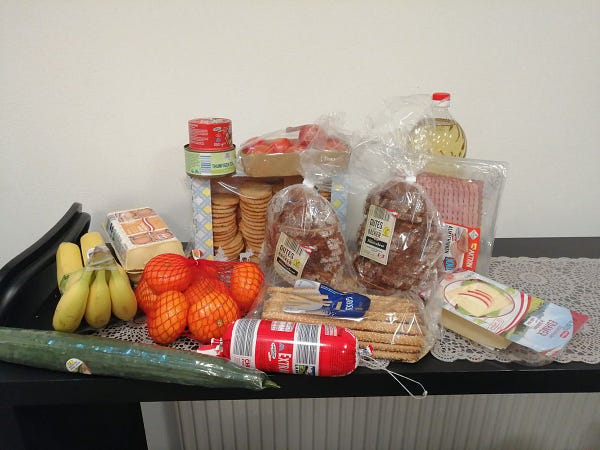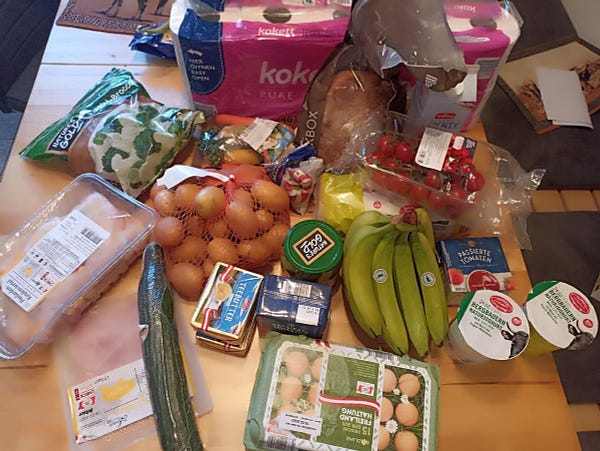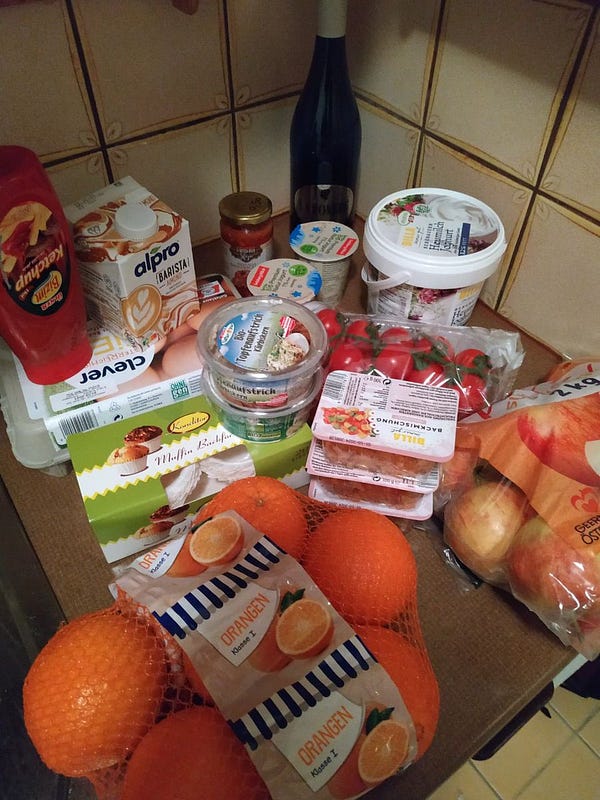Big picture
A little update. What to read. A few reflections on the latest news both from Ukraine and Russia.
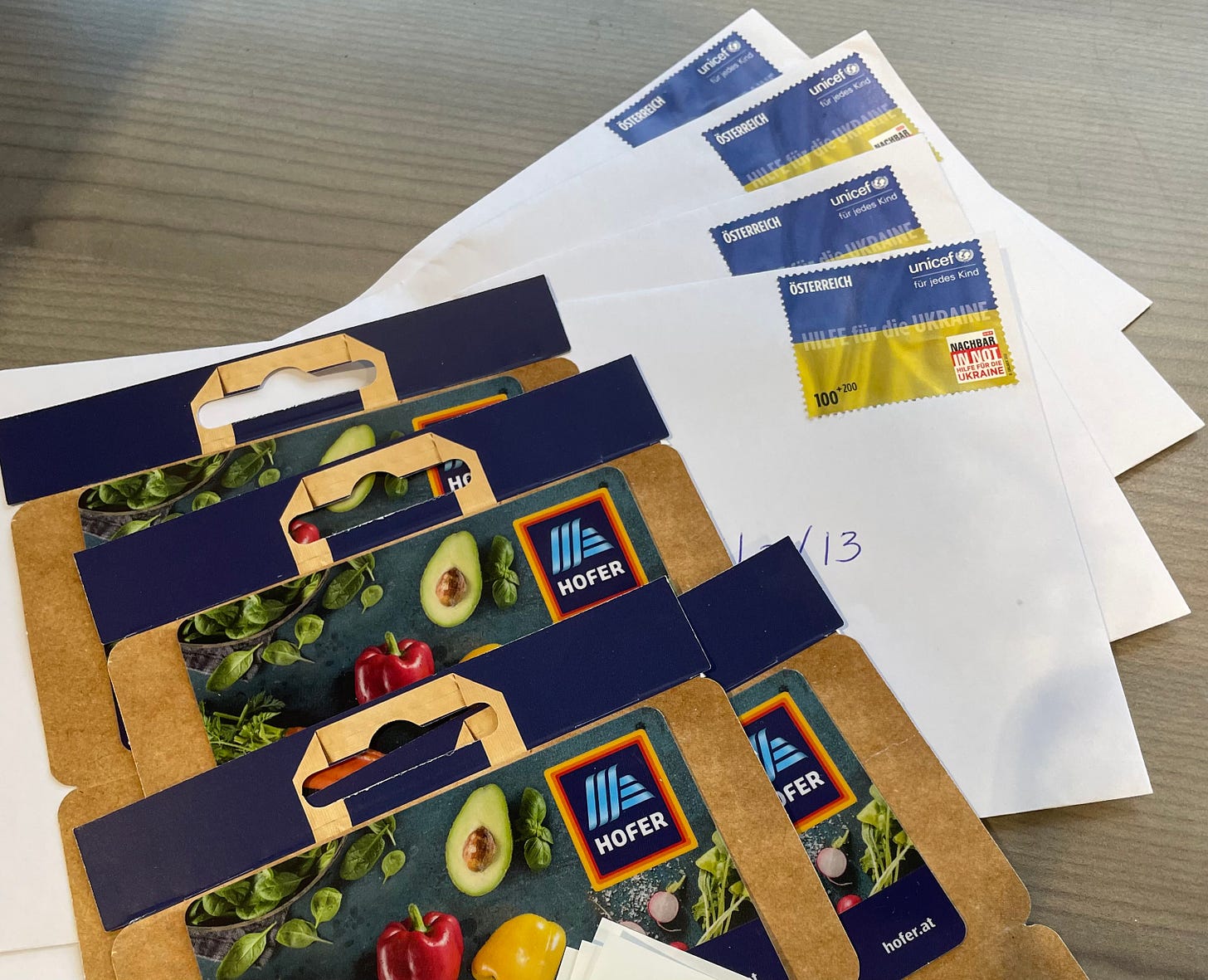
Sunday feels like a good time to take a step back and reflect a bit. First, a micro update. After a great few weeks when I had a surplus of cards, I am back to my normal status quo of demand exceeding supply. This means I have adjusted my criteria a bit to ensure the cards I do receive go to those most in need first. A little update here. Tomorrow morning I will head back to the arrival center. An older lady from Bucha will wait for me there. She has only a flip phone with number buttons. Her friend wrote me over Telegram on her behalf. I moved her to the top of the pile. I can deliver four more cards tomorrow (thank you!). And so it goes.

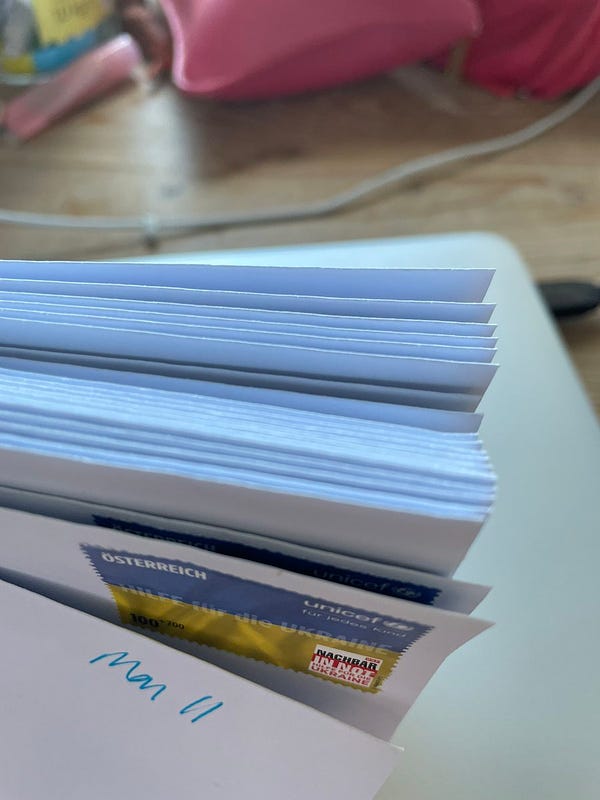
It has been a few days since I last wrote and I feel like I have consumed some truly exceptional journalism (and writing) in the meantime. So much to share, I’ll just list the links for you.
Ukraine — humanitarian
From Bakhmut, not only incredible reporting from the very front lines meeting and living amongst the remaining civilians, but this piece contains layers of nuance on language and nationality and leanings I have yet to encounter anywhere else. I don’t even begin to address the subject because it is complicated and controversial and you don’t even know where to begin. But yes, there have been fights amongst refugees when one yells at the other for daring to speak Russian. I have met many families who fled Donbas in 2014 only to find other Ukrainian cities weren’t exactly waiting to help welcome them with open arms. Many of them are now twice refugees, and those abroad will ask themselves where is home, if what they left behind was a rented apartment in a city that was only home for less than a decade. Do read this:


I would also very much recommend taking the time to read Joshua Yaffa’s long and extremely detailed reporting from Izyum (with haunting photography by Emile Ducke) which was under Russian occupation for months. I would think of it as a metaphor for a whole range of terrible choices many ordinary people had to make this past year. A lot of which no one talks about.
Andrei Kurkov on how ordinary Ukrainians are managing the winter without light, as electricity cuts start to take a heavy mental toll, as well. A woman wrote me this week about her elderly parents in a rural area not far from active fighting, and how hard it is when the lights go out at 6pm and you are left alone with your thoughts, in the dark, in the dead of winter.
This, in French, I read with the help of Google translate, on the impact of war on children. I get asked multiple times per week for psychological support for kids here in Austria, and officially, it is very hard to access. Unofficially, I usually suggest finding a Ukrainian psychologist who is working online. Another case of supply will simply not be able to meet overwhelming demand. Kids who have lost parents. Kids who have been injured. Kids who have seen and experienced things no child should ever have to go through. I try to explain here in Austria we are dealing with kids who had two years of covid measures, then war, then an abrupt move, fleeing to another country, then a new start with very limited financial resources and a new language. After all that, we should objectively be offering help to all the Ukrainian kids of this generation. But that isn’t how it works in practice, and many do not want to talk, at least not yet. Thinking abut one teenage boy whose father was murdered and mom was raped. I don’t have the impression he wants to talk. Not yet. One day surely. But you cannot rush these things either. Perhaps the most logical trauma response is to simply push all those thoughts out of your mind like a bad dream and disappear into your phone/computer, as so many do. I also hear stories of several teens aged 14-16 simply going home, going back to Ukraine. It is all too much in a new country. You cannot force them to do anything against their will at that age.

Podcast recommendation: I really enjoyed listening to this Ukraine World conversation with Dana Pavlychko on the need to support small business during the war in Ukraine. I would be fascinated to learn more. I too thing a lot not just about micro-level humanitarian aid but also how to keep a war economy going, how to support all those parts of the economy that are not directly related to the war but necessary for civilians’ livelihoods. Dana’s discussion on grants reminded me a bit of Cash for Refugees whose concept I really admire. The idea of putting donated money directly into the hands that know best what to do with it to help themselves and/or their businesses. With hopefully little overhead (always read the fine print).
Ukraine — military
I am not following all the developments closely but I did find this summary of all the recent news very helpful as there is more and more talk of Russia starting a new offensive and what that might mean for late winter/spring. Weekend Update No. 14 by Phillips P. OBrien.
Russia — economy
I really recommend signing up for The Bell’s weekly English newsletter on the Russian economy by Alexandra Prokopenko as it provides a reality check I haven’t found elsewhere. In short: it’s not falling apart. IMF predicts Russian economy to rebound in 2023
Good thread(s) on how Russia is working around the oil sanctions. It’s a huge (and one must assume, costly) operation:


For context:

Russia - mobilization
Yet another reality check on how some men on the ground in Russia are dealing with the looming threat of yet another mass round-up of future soldiers. Politico even interviewed some who initially fled to the west and then came back to Russia for job and other reasons. This is a reality for so many. So many are just going to gamble thinking they simply cannot afford to leave. Just like most of the Russian population was shocked for about a week and then went back to living their lives. Some of the men have told themselves delusions of themselves being safe on special lists etc. Too close to the forest to see the trees?


This sentence by the President of the Kyiv School of Economics gave me the shivers when I read it. “The amount of human bodies that Russia can throw at the war is basically unlimited.” And that is the big unknown. That is why I and many others don’t dare make any predictions. In my head of heads, I know Ukraine must win. If Ukraine loses, it’s the end of Europe as we know it, because Russia will not stop there. But it’s the getting there, how do you help Ukraine to win, and fast. That is the part that isn’t clear to me.


I wanted to write a bit about Austria too: local elections, racism, corruption, the refugee response, intentional in-transparency, even bees, but that will have to be another day. This is too long already. Happy weekend and thanks so much for you continued support. I do not say it often enough! We are making a real difference one family at a time, and that is all any of us can do.






